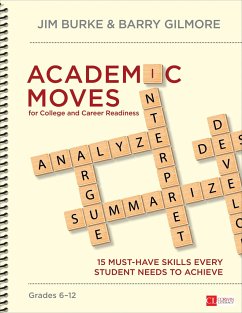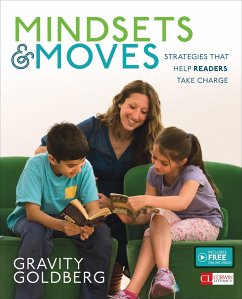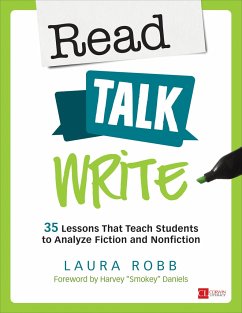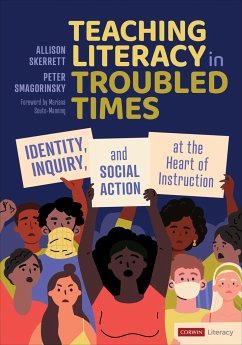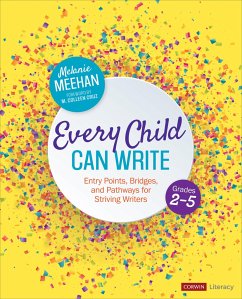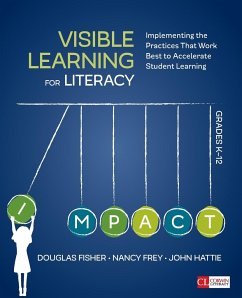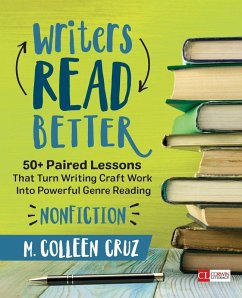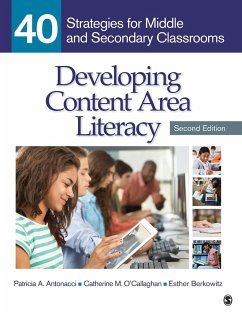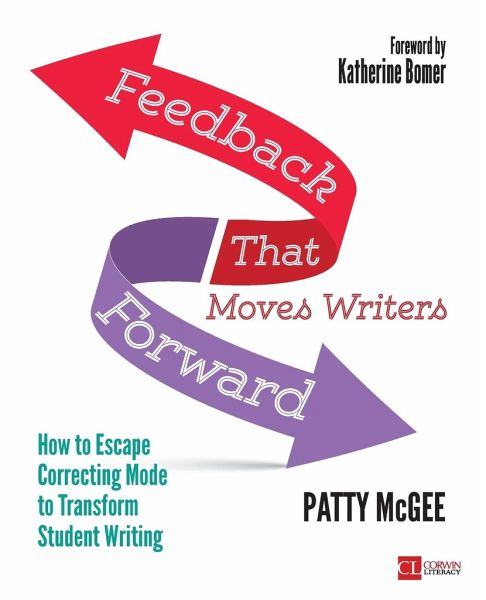
Feedback That Moves Writers Forward
How to Escape Correcting Mode to Transform Student Writing
Versandkostenfrei!
Versandfertig in 1-2 Wochen
33,99 €
inkl. MwSt.

PAYBACK Punkte
17 °P sammeln!
Patty McGee helps teachers transform student writers by demonstrating what to do to build tone, trust, motivation, and choice into daily lessons, conferences, and revision suggestions.





